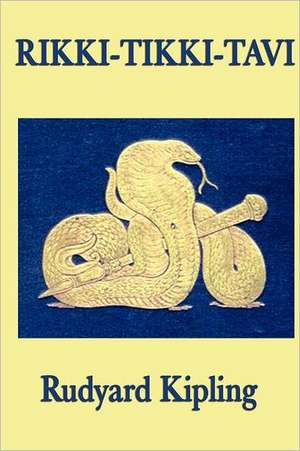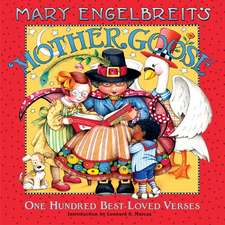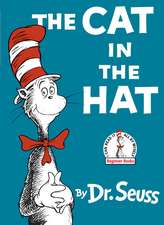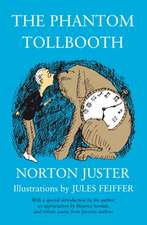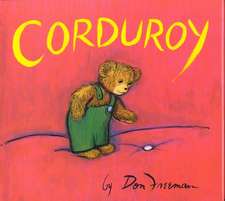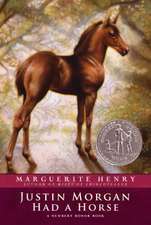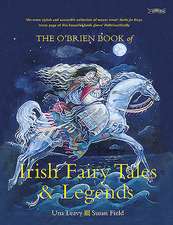Rikki-Tikki-Tavi
Autor Rudyard Kiplingen Limba Engleză Paperback – 5 ian 2012 – vârsta de la 5 până la 8 ani
| Toate formatele și edițiile | Preț | Express |
|---|---|---|
| Paperback (1) | 50.91 lei 6-8 săpt. | |
| SMK Books – 5 ian 2012 | 50.91 lei 6-8 săpt. | |
| Hardback (1) | 117.29 lei 3-5 săpt. | |
| HarperCollins Publishers – 25 sep 1997 | 117.29 lei 3-5 săpt. |
Preț: 50.91 lei
Nou
Puncte Express: 76
Preț estimativ în valută:
9.75€ • 10.17$ • 8.17£
9.75€ • 10.17$ • 8.17£
Carte tipărită la comandă
Livrare economică 12-26 martie
Preluare comenzi: 021 569.72.76
Specificații
ISBN-13: 9781617205392
ISBN-10: 1617205397
Pagini: 20
Dimensiuni: 152 x 229 x 1 mm
Greutate: 0.05 kg
Ediția:12000
Editura: SMK Books
ISBN-10: 1617205397
Pagini: 20
Dimensiuni: 152 x 229 x 1 mm
Greutate: 0.05 kg
Ediția:12000
Editura: SMK Books
Notă biografică
Joseph Rudyard Kipling (30 December 1865 - 18 January 1936)[1] was an English journalist, short-story writer, poet, and novelist. He was born in India, which inspired much of his work.
Kipling's works of fiction include The Jungle Book (1894), Kim (1901), and many short stories, including "The Man Who Would Be King" (1888).[2] His poems include "Mandalay" (1890), "Gunga Din" (1890), "The Gods of the Copybook Headings" (1919), "The White Man's Burden" (1899), and "If-" (1910). He is regarded as a major innovator in the art of the short story;[3] his children's books are classics of children's literature, and one critic described his work as exhibiting "a versatile and luminous narrative gift".
Kipling was one of the most popular writers in the United Kingdom, in both prose and verse, in the late 19th and early 20th centuries.[3]Henry James said: "Kipling strikes me personally as the most complete man of genius, as distinct from fine intelligence, that I have ever known."[3] In 1907, at the age of 41, he was awarded the Nobel Prize in Literature, making him the first English-language writer to receive the prize and its youngest recipient to date.[6] He was also sounded out for the British Poet Laureateship and on several occasions for a knighthood, both of which he declined.[7]
Kipling's subsequent reputation has changed according to the political and social climate of the age[8][9] and the resulting contrasting views about him continued for much of the 20th century.[10][11] George Orwell saw Kipling as "a jingo imperialist", who was "morally insensitive and aesthetically disgusting".[12] Literary critic Douglas Kerr wrote: "[Kipling] is still an author who can inspire passionate disagreement and his place in literary and cultural history is far from settled. But as the age of the European empires recedes, he is recognised as an incomparable, if controversial, interpreter of how empire was experienced. That, and an increasing recognition of his extraordinary narrative gifts, make him a force to be reckoned with.
In 2010, the International Astronomical Union approved that a crater on the planet Mercury would be named after Kipling-one of ten newly discovered impact craters observed by the MESSENGER spacecraft in 2008-9.[117] In 2012, an extinct species of crocodile, Goniopholis kiplingi, was named in his honour, "in recognition for his enthusiasm for natural sciences"
Kipling's works of fiction include The Jungle Book (1894), Kim (1901), and many short stories, including "The Man Who Would Be King" (1888).[2] His poems include "Mandalay" (1890), "Gunga Din" (1890), "The Gods of the Copybook Headings" (1919), "The White Man's Burden" (1899), and "If-" (1910). He is regarded as a major innovator in the art of the short story;[3] his children's books are classics of children's literature, and one critic described his work as exhibiting "a versatile and luminous narrative gift".
Kipling was one of the most popular writers in the United Kingdom, in both prose and verse, in the late 19th and early 20th centuries.[3]Henry James said: "Kipling strikes me personally as the most complete man of genius, as distinct from fine intelligence, that I have ever known."[3] In 1907, at the age of 41, he was awarded the Nobel Prize in Literature, making him the first English-language writer to receive the prize and its youngest recipient to date.[6] He was also sounded out for the British Poet Laureateship and on several occasions for a knighthood, both of which he declined.[7]
Kipling's subsequent reputation has changed according to the political and social climate of the age[8][9] and the resulting contrasting views about him continued for much of the 20th century.[10][11] George Orwell saw Kipling as "a jingo imperialist", who was "morally insensitive and aesthetically disgusting".[12] Literary critic Douglas Kerr wrote: "[Kipling] is still an author who can inspire passionate disagreement and his place in literary and cultural history is far from settled. But as the age of the European empires recedes, he is recognised as an incomparable, if controversial, interpreter of how empire was experienced. That, and an increasing recognition of his extraordinary narrative gifts, make him a force to be reckoned with.
In 2010, the International Astronomical Union approved that a crater on the planet Mercury would be named after Kipling-one of ten newly discovered impact craters observed by the MESSENGER spacecraft in 2008-9.[117] In 2012, an extinct species of crocodile, Goniopholis kiplingi, was named in his honour, "in recognition for his enthusiasm for natural sciences"
Textul de pe ultima copertă
Here is the thrilling story of Rikki, a fearless young mongoose who finds himself locked in a life-and-death struggle to protect a boy and his parents from Nag and Nagaina, the two enormous cobras who stalk the gardens outside the familys home in India. Nobel Prize winner Rudyard Kiplings timeless masterpiece has been lovingly passed from one generation of readers to the next. Triumphantly brought to life in stunning watercolors from Caldecott Honor artist Jerry Pinkney, this is a tale that will win the hearts of young and old alike
